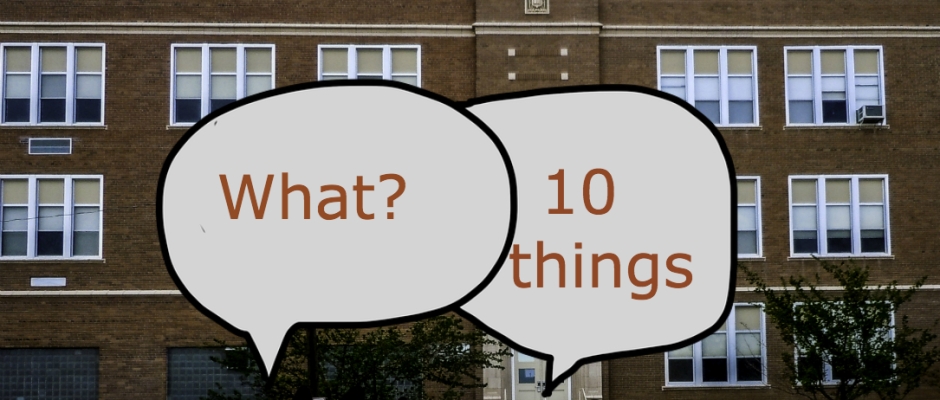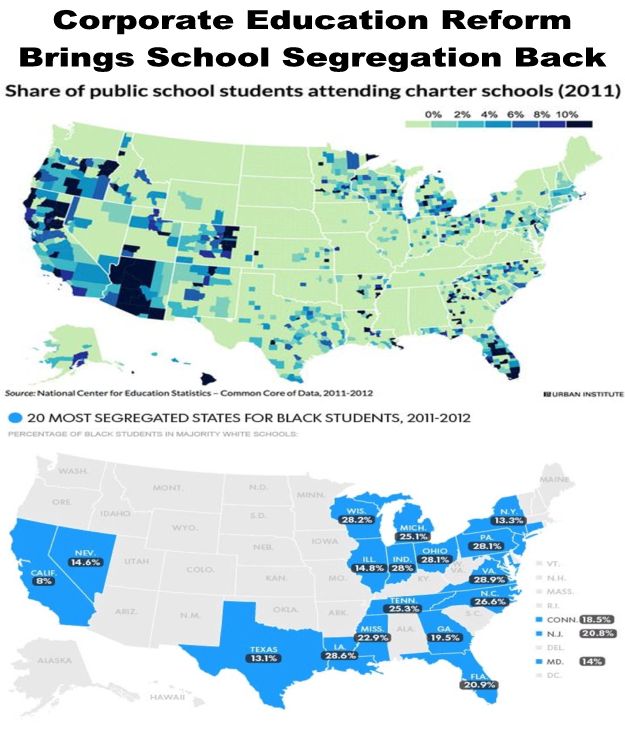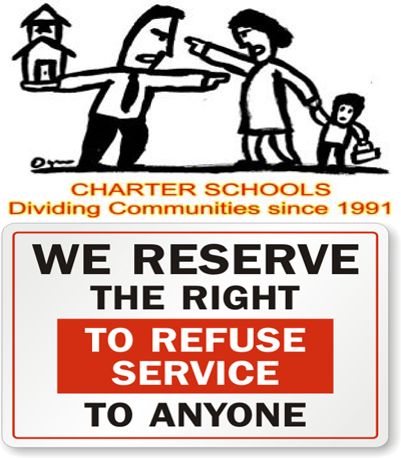How the charter school lobby is changing the Democratic Party - LA Times:
How the charter school lobby is changing the Democratic Party
At a time when Democrats and their party are, by virtually every index, moving left, a powerful center-right pressure group within the liberal universe has nonetheless sprung up. Funded by billionaires and arrayed against unions, it is increasingly contesting for power in city halls and statehouses where Democrats already govern.
That’s not how the charter school lobby is customarily described, I’ll allow, but it’s most certainly what it’s become.
Next year, the progressive mayors of America’s two largest and overwhelmingly Democratic cities – New York’s Bill de Blasio and Los Angeles’ Eric Garcetti – will each stand for reelection. So far, the only visible challenger to Garcetti’s bid is
Steve Barr, founder of the Green Dot charter schools. In New York, de Blasio’s critics have suggested that Success Academy Charter Chief Executive
Eva Moskowitz would be the candidate most likely to depose the mayor, though
Moskowitz has denied any interest in running.
This abrupt elevation (or self-elevation) of today’s charter school entrepreneurs into tomorrow’s civic leaders may seem surprising, but it’s part of a larger pattern.
In California, political action committees funded by charter school backers have become among the
largest donors to centrist Democratic state legislators who not only favor expanding charters at the expense of school districts, but also have blocked some of Gov. Jerry Brown’s more liberal initiatives.
In New York’s upcoming primary, such longtime charter supporters as Wal-Mart heiress Alice Walton have given hundreds of thousands of dollars
to a PAC seeking to unseat several Democratic legislators who’ve defended the role and budget of traditional public schools.
In future decades, historians will have to grapple with how charter schools became the cause celebre of centrist billionaires – from Walton to Bloomberg to Broad – in an age of plutocracy. The historians shouldn’t dismiss the good intentions behind the billionaires’ impulse: the desire to provide students growing up in poverty with the best education possible. But neither should they dismiss their self-exculpation in singling out the deficiencies, both real and exaggerated, of public education as the central reason for the evisceration of the middle class.
If Wal-Mart, the corporation from which Walton derives her wealth, hadn’t compelled its suppliers to make their products abroad to reduce the price of their goods, more public school students’ parents might have the kind of stable employment and adequate incomes that foster learning-friendly upbringings. Despite the fact that our traditional ladders of mobility – decent blue-collar and service sector jobs, unions, cross-class marriages – have largely collapsed, seemingly sentient billionaires insist that teachers and their unions are the main obstacles blocking young people’s escape from poverty.
The poor, or their tribunes, don’t necessarily agree. In the past couple of weeks, both the Movement for Black Lives (50 organizations active in the Black Lives Matter movement) and the NAACP
passed resolutions declaring that charter schools increase segregation and leave school districts with both fewer resources and a more challenging student body. While many in minority communities dispute these views, there’s clearly some real skepticism about the merits of charterizing education among the very people it purports to
How the charter school lobby is changing the Democratic Party - LA Times:






















